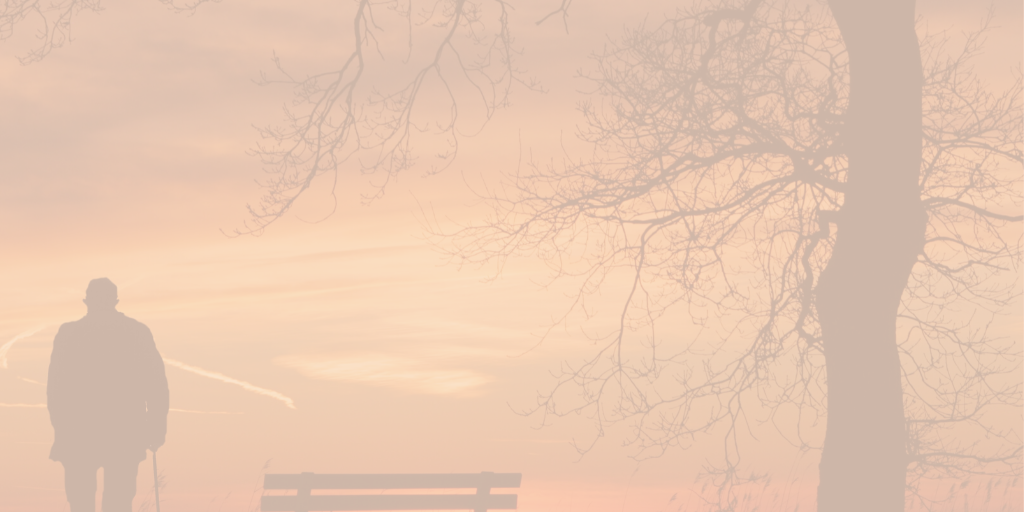The human connection is something that we all crave. Our longing to be with one another and experience social interaction is with us our whole lives. Especially in today’s environment, it has become increasingly harder to maintain this connection for many people. Whether it be distance from family members or coronavirus, the elderly population has struggled in recent times to be connected with others.

Over the past few decades, technology has been rapidly changing, at a faster rate than ever before. For older generations, adapting to these changes in the way we connect is not very straightforward and effortless. While I, as an eighteen-year-old student, may find it extremely simple to keep in touch with others via text message, an eighty-year-old woman may not. In fact, as a result of this difficulty, many elderly individuals avoid purchasing or using this technology altogether.
Despite all this, I believe there is a way for the elderly to engage in the human connection they so crave by using technology as a tool to assist them. I have seen firsthand exactly how technology can help elders become more socially active. Some years back, I spent my free-time volunteering at a local nursing home. I offered my services to help the residents set up their technology and teach them how to use it. I can vividly remember the looks on their faces when I helped them to make a video call with their grandchildren for the first time. I remember the joy they experienced connecting with old friends on Facebook, learning how to play the daily crossword digitally, and joining their families in group text messages.
The thrill and happiness I saw in those residents brought me great pleasure. I now imagine what might happen if every elder had access to this incredible technology. In order to share this delight to as much of the elderly population as possible, I would create a program that would fund the purchase of tablet devices which would be available for all elders who might need them. Along with this, a group of experienced young leaders would be able to guide them through the process of using these tablets. By making this technology accessible for the entire elderly population, the human connection would be stronger than ever.
In the time of coronavirus impacting the world, an even stronger barrier has been placed on the elderly population. Being at the highest risk for the virus, even more elders are unable to interact with their family and friends in-person. Through the use of technology, this setback could be partially resolved. If every elder had the access and instruction to this technology, they each would have the ability to remain connected with their family members, even in these difficult times.
While this may seem like a daunting and overwhelming task, I believe that with enough dedication, it can be done. Giving the elderly population technology access and training will give them much needed social interaction. It will reduce their alienation to the rest of society by connecting them with us by the same means that we already connect with each other.
By Aden Barash, scholarship award winner
UCA’s most recent Scholarship Essay Contest for High School Juniors and Seniors officially ended on November 30, 2020. While the theme has always been to explore ways to make a more caring world, our most recent Essay Contest specifically asked how they would make a more caring world in one of four categories – Children – Animals – Reforestation – Elderly. The winning essays have been posted and awards distributed.
Because there were so many impressive essays submitted from across the U.S., we decided to share many of these students’ inspiring caring actions with you in this publication. Through their essays, the students provide a refreshing insight into their minds and hearts, offering an in depth view of our world that we often overlook. They take us on a journey rich in knowledge, personal experience and creative solutions. It is our hope you will feel as informed and inspired as we do. We are proud to present to you the writings, thoughts and dreams for a more caring future through these articles.

